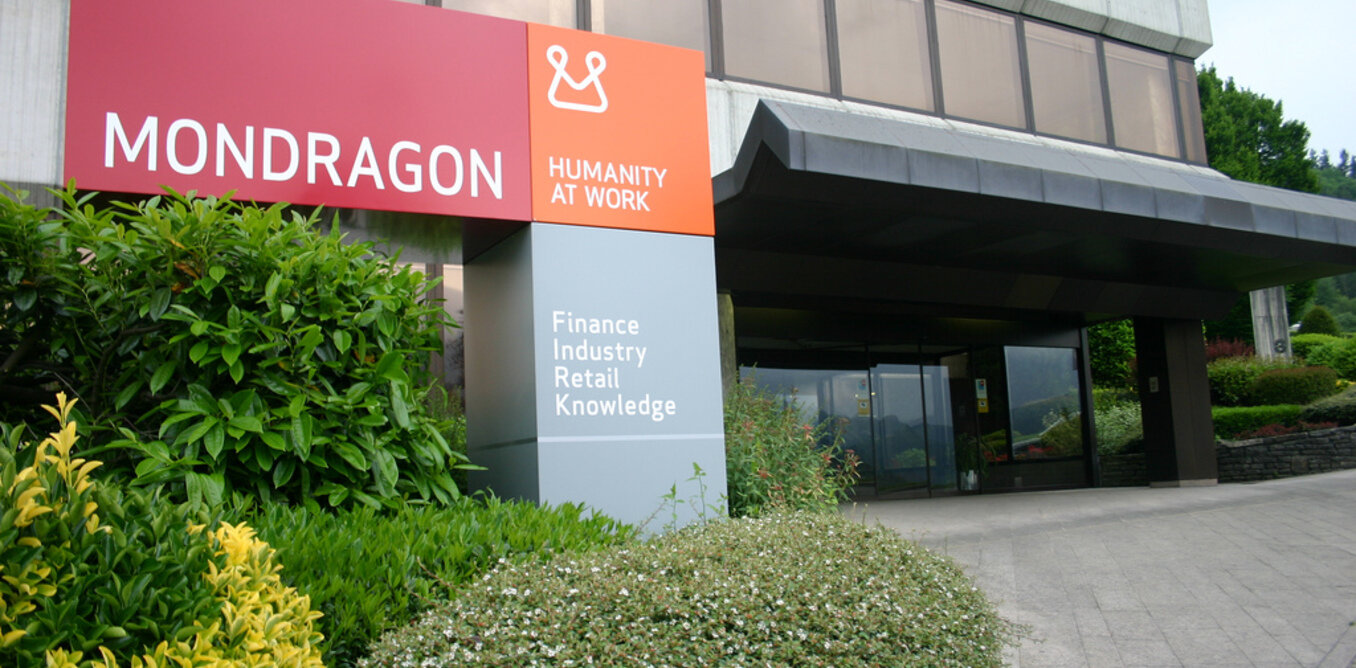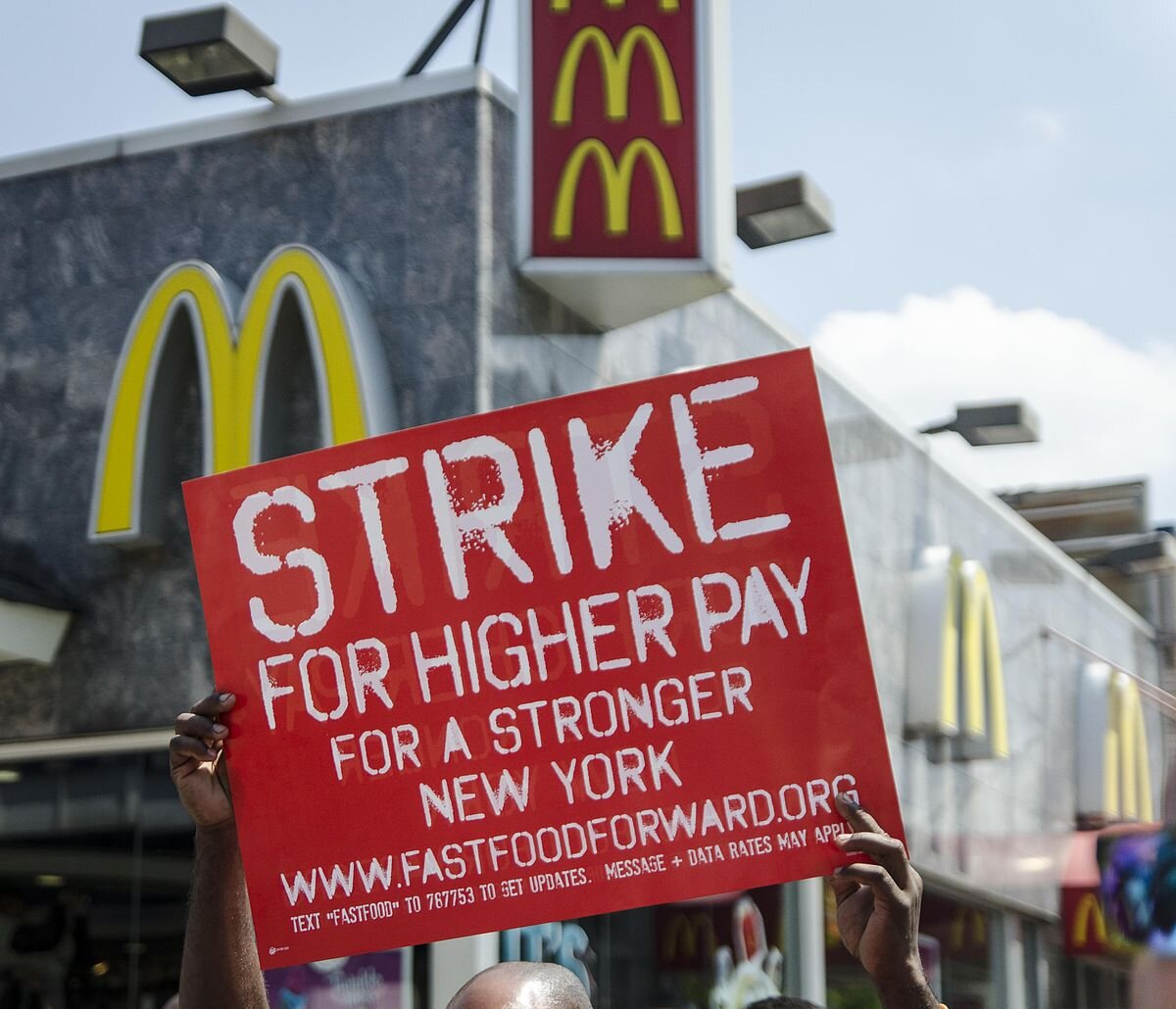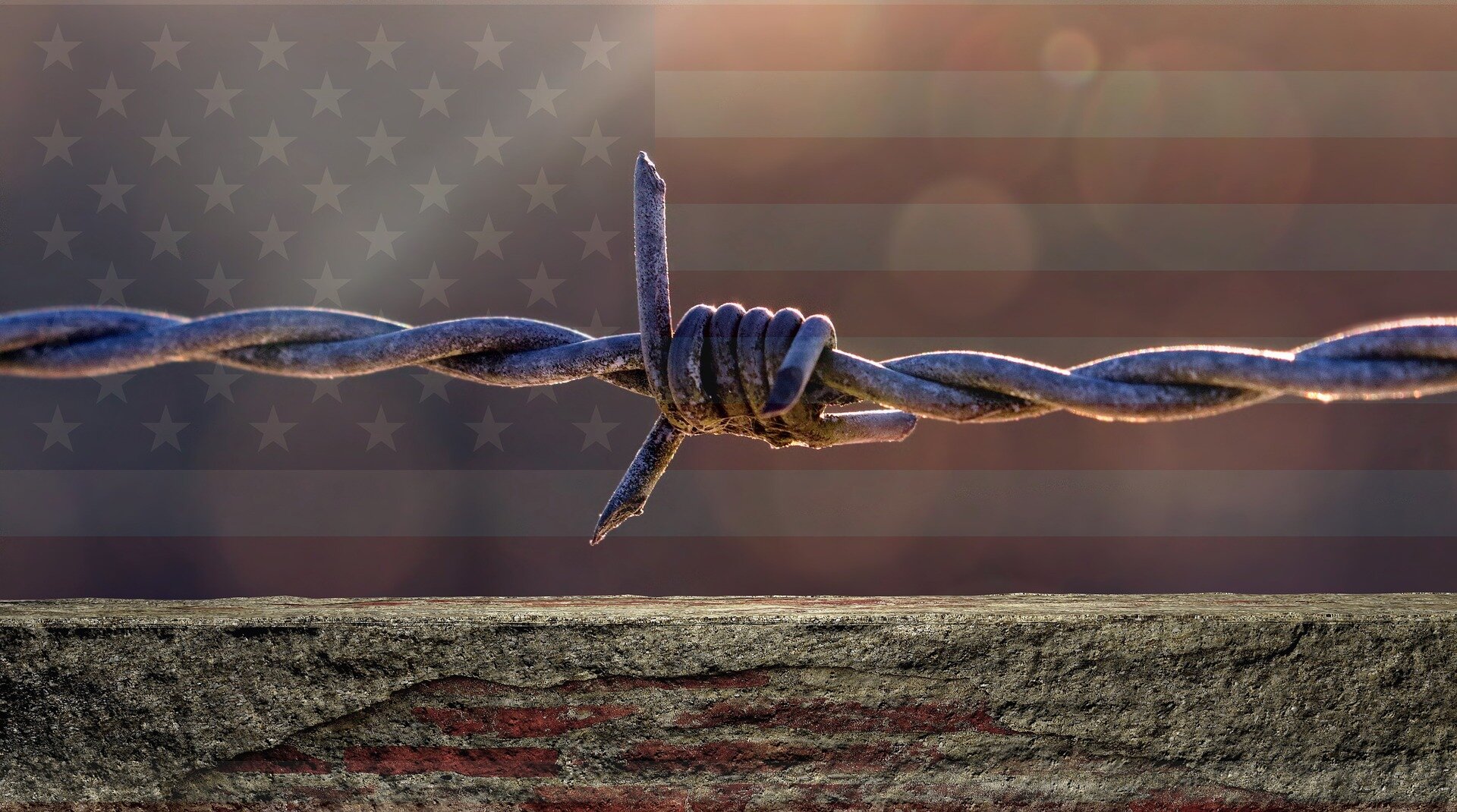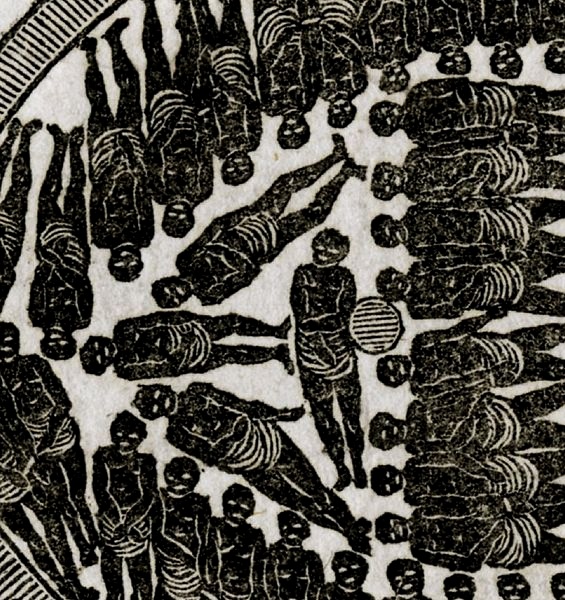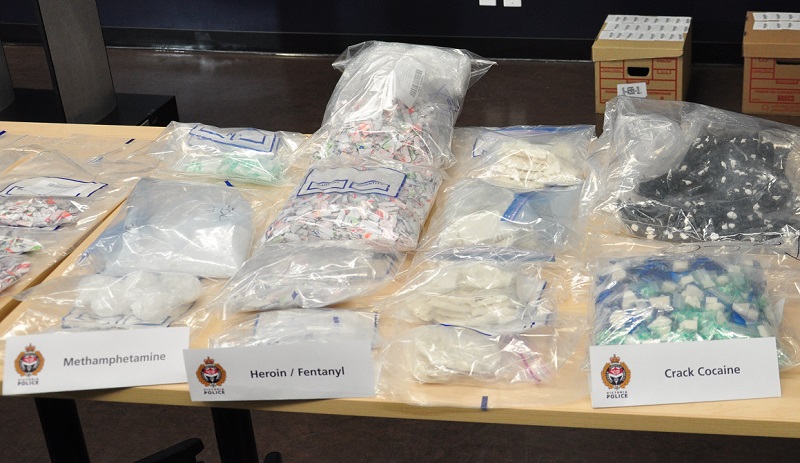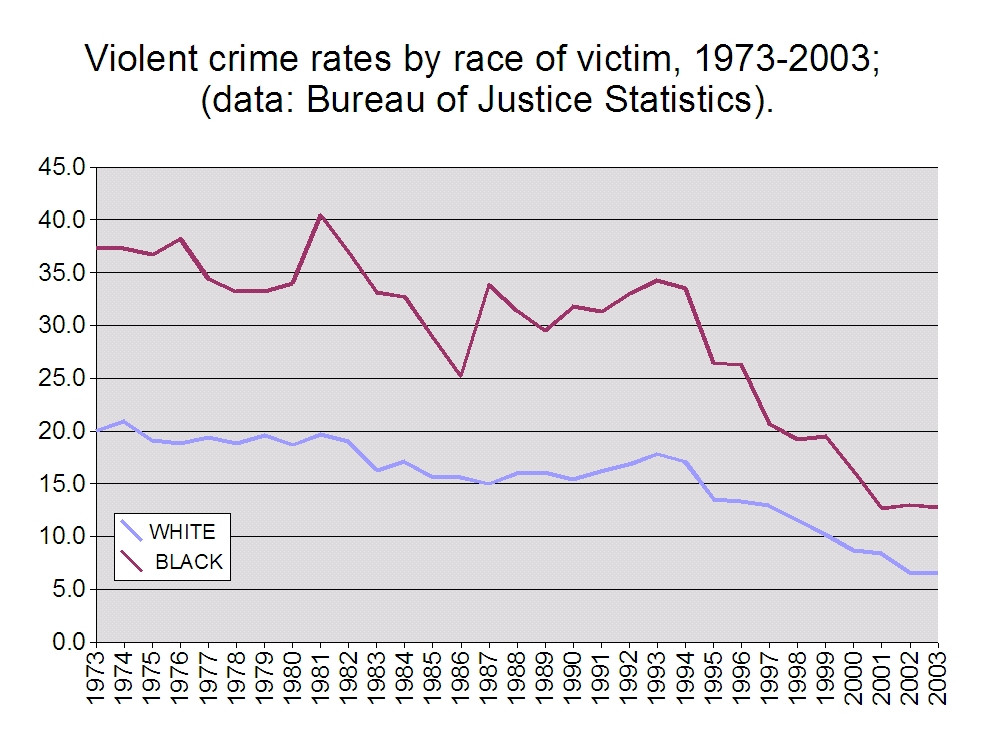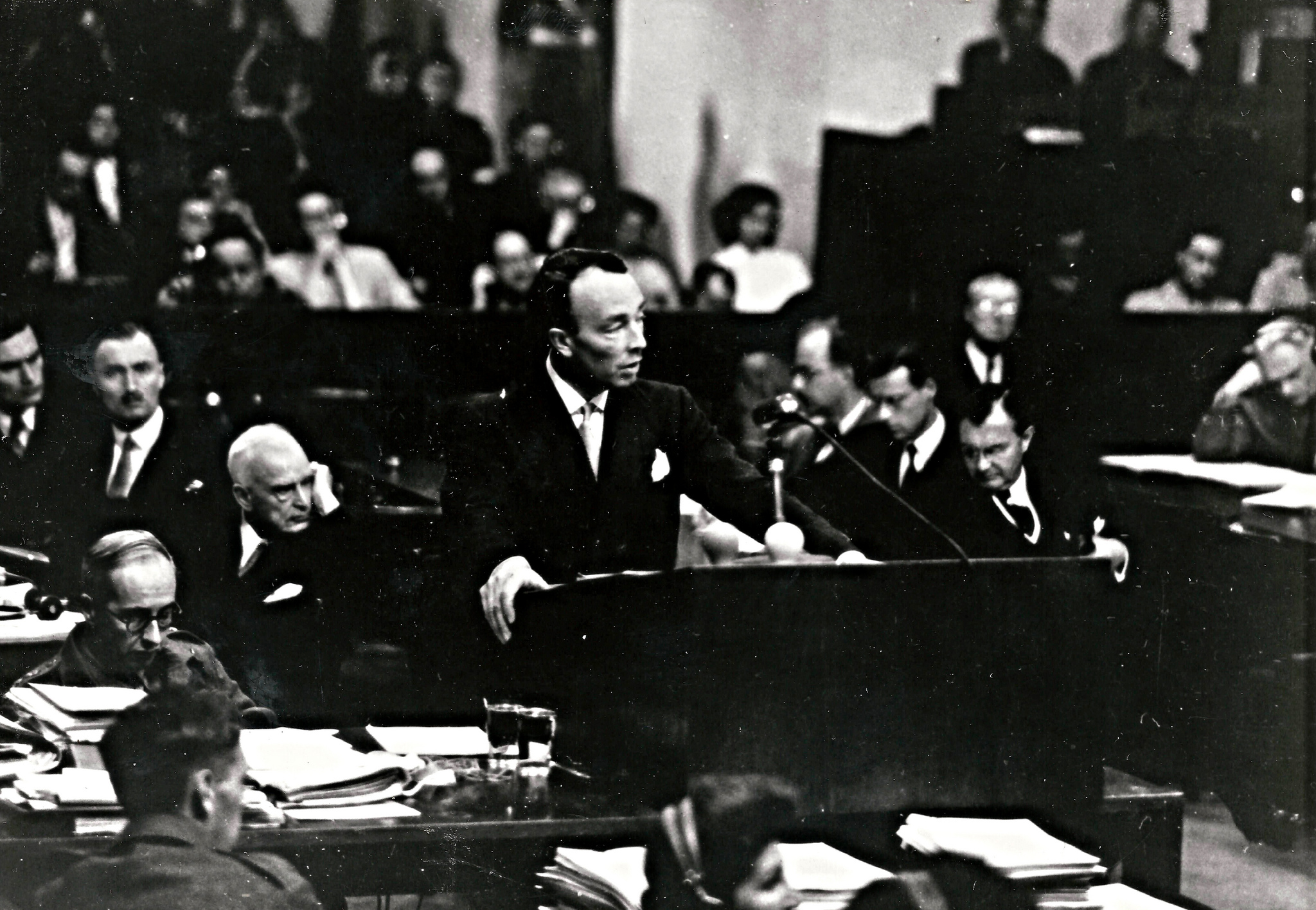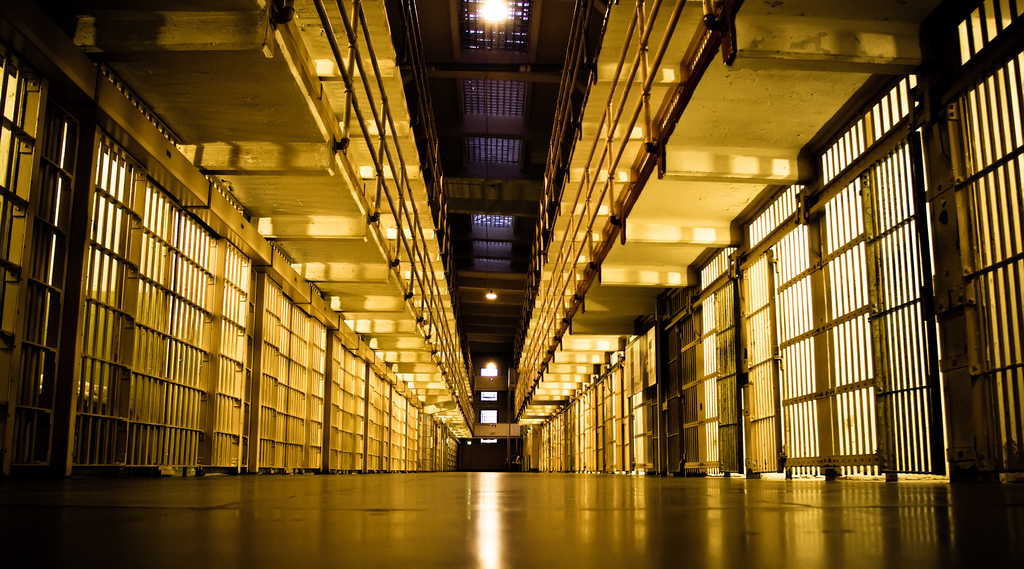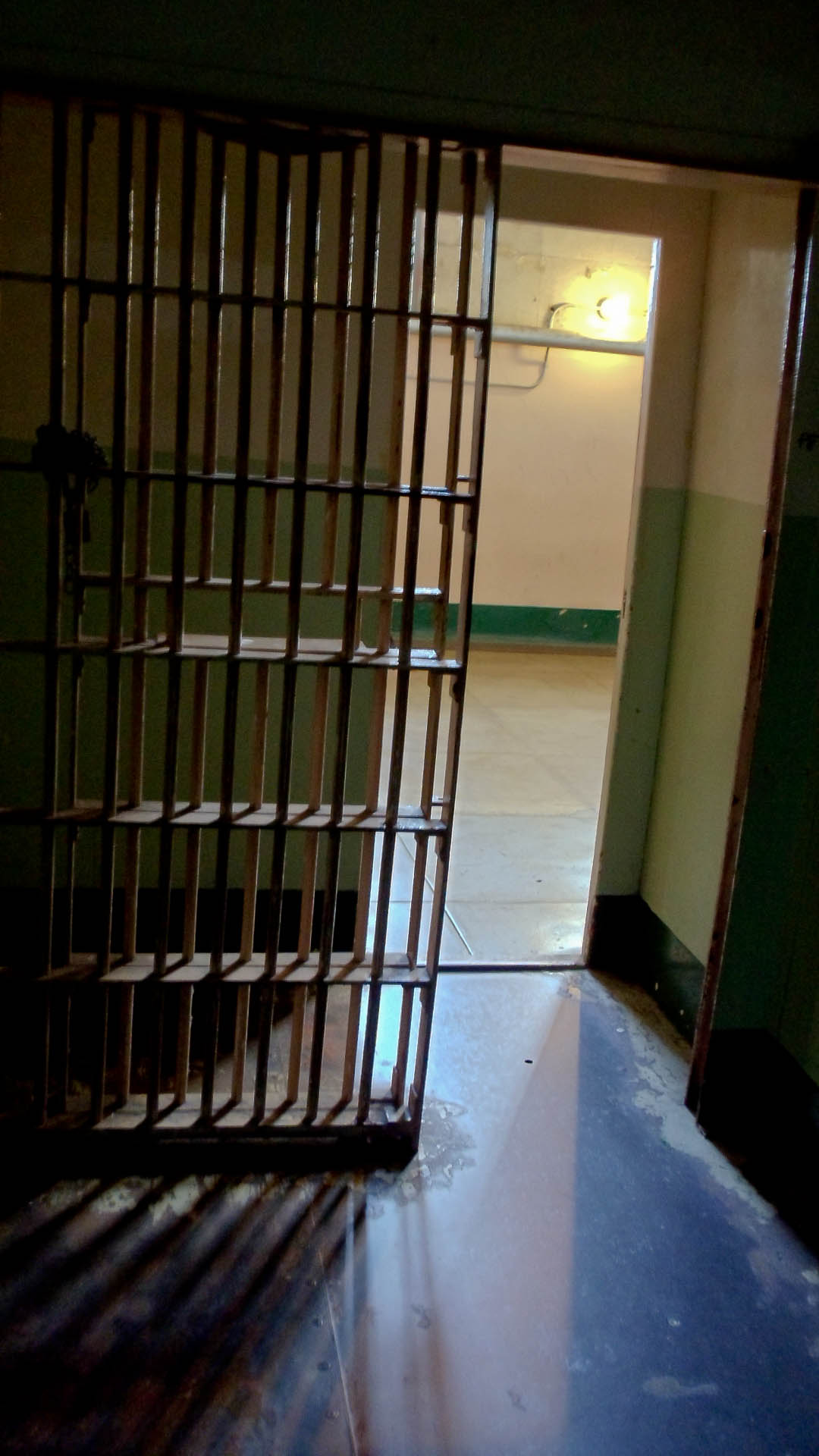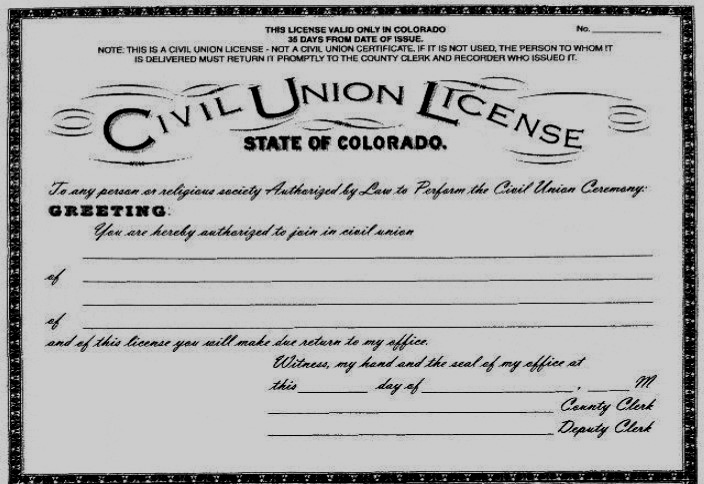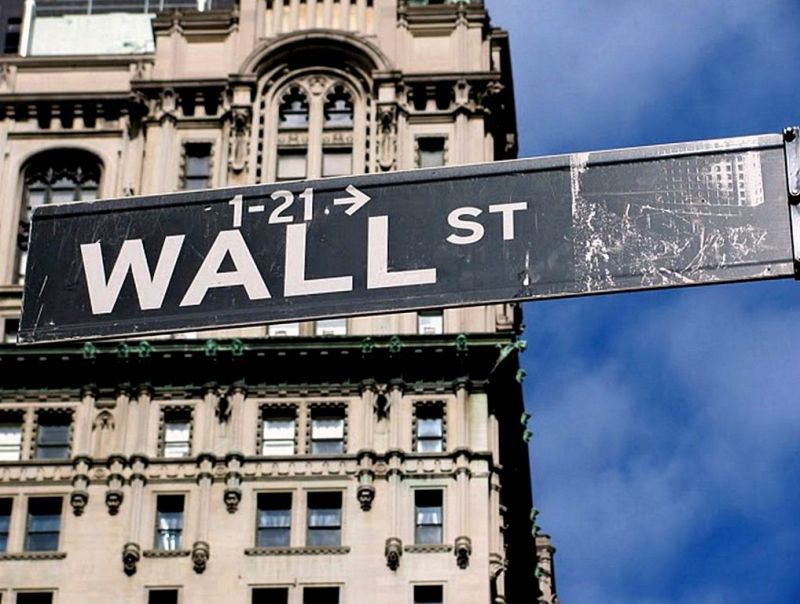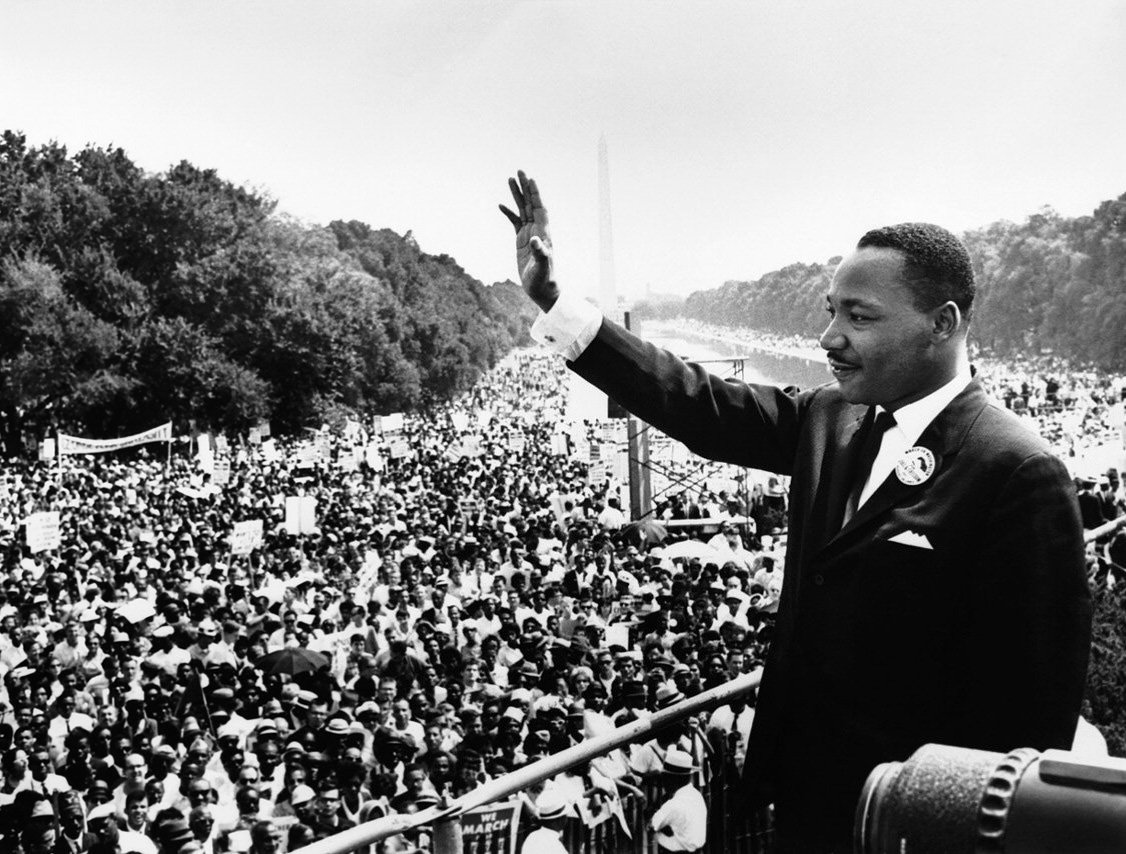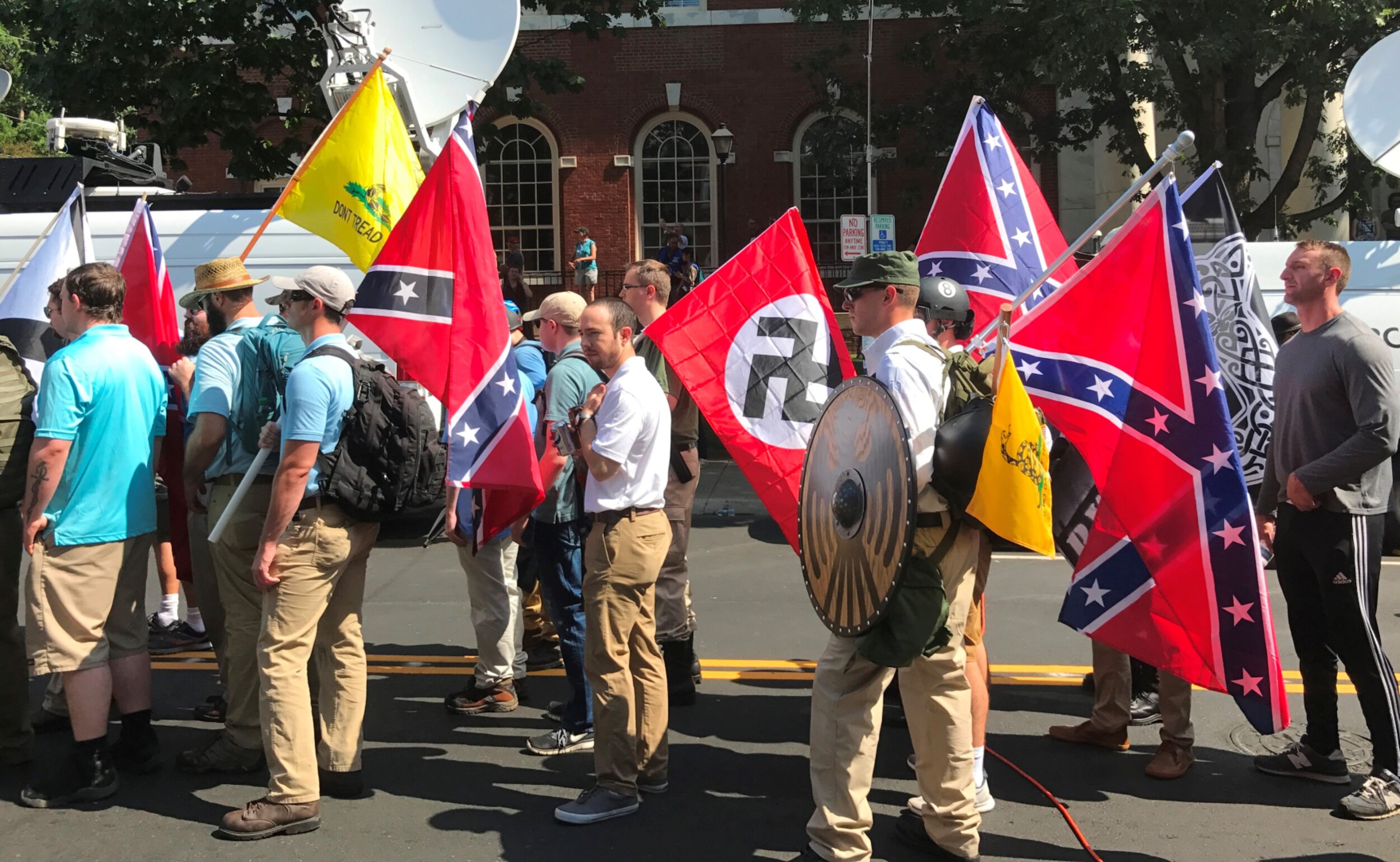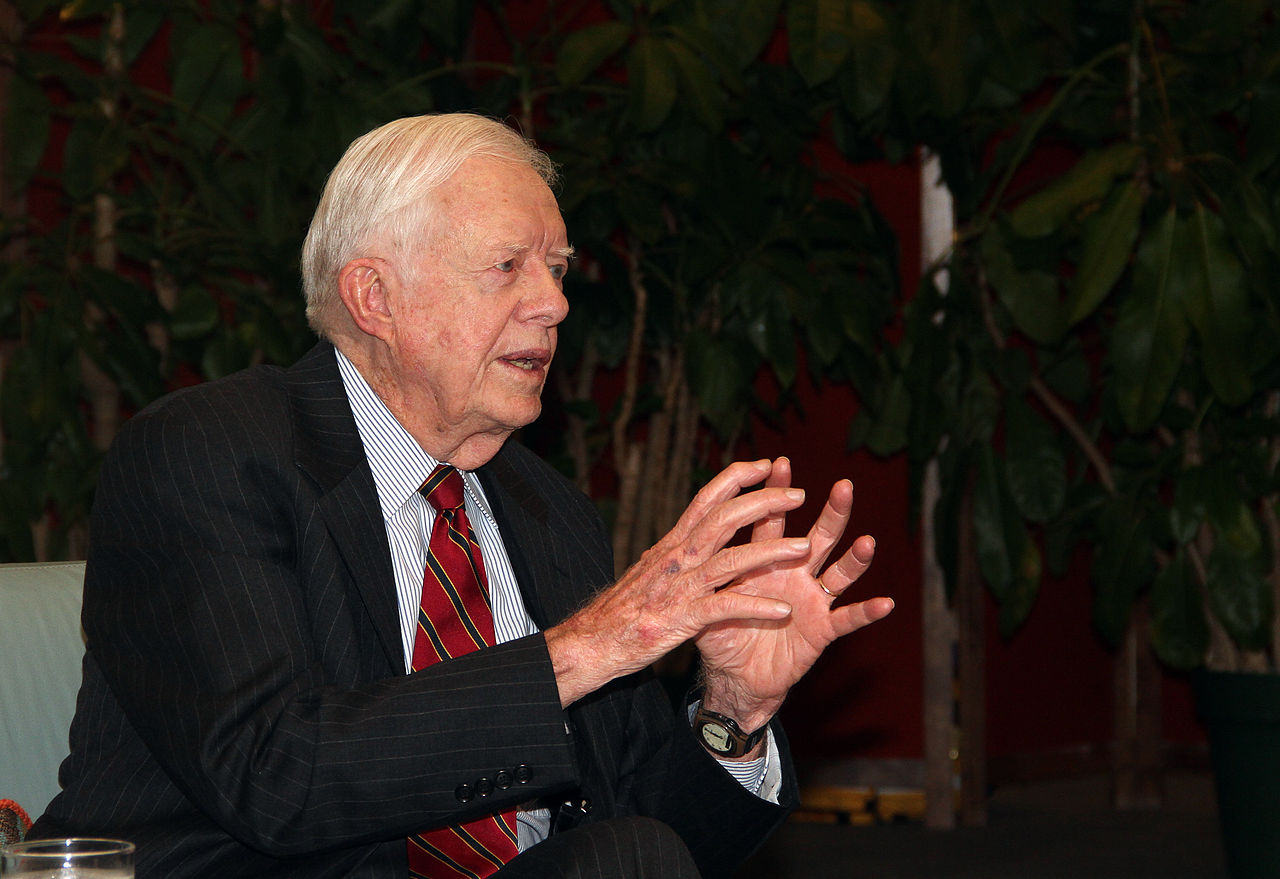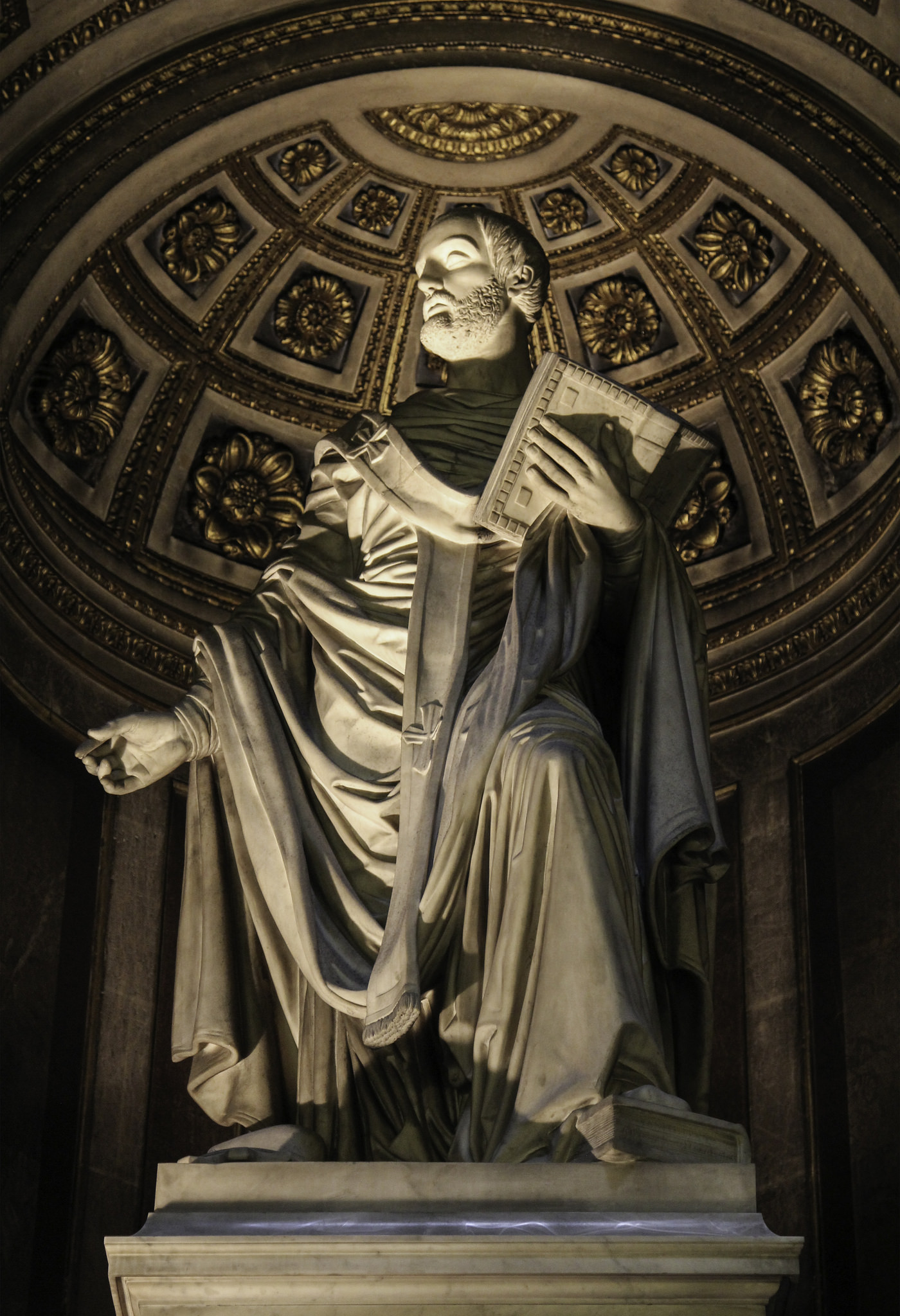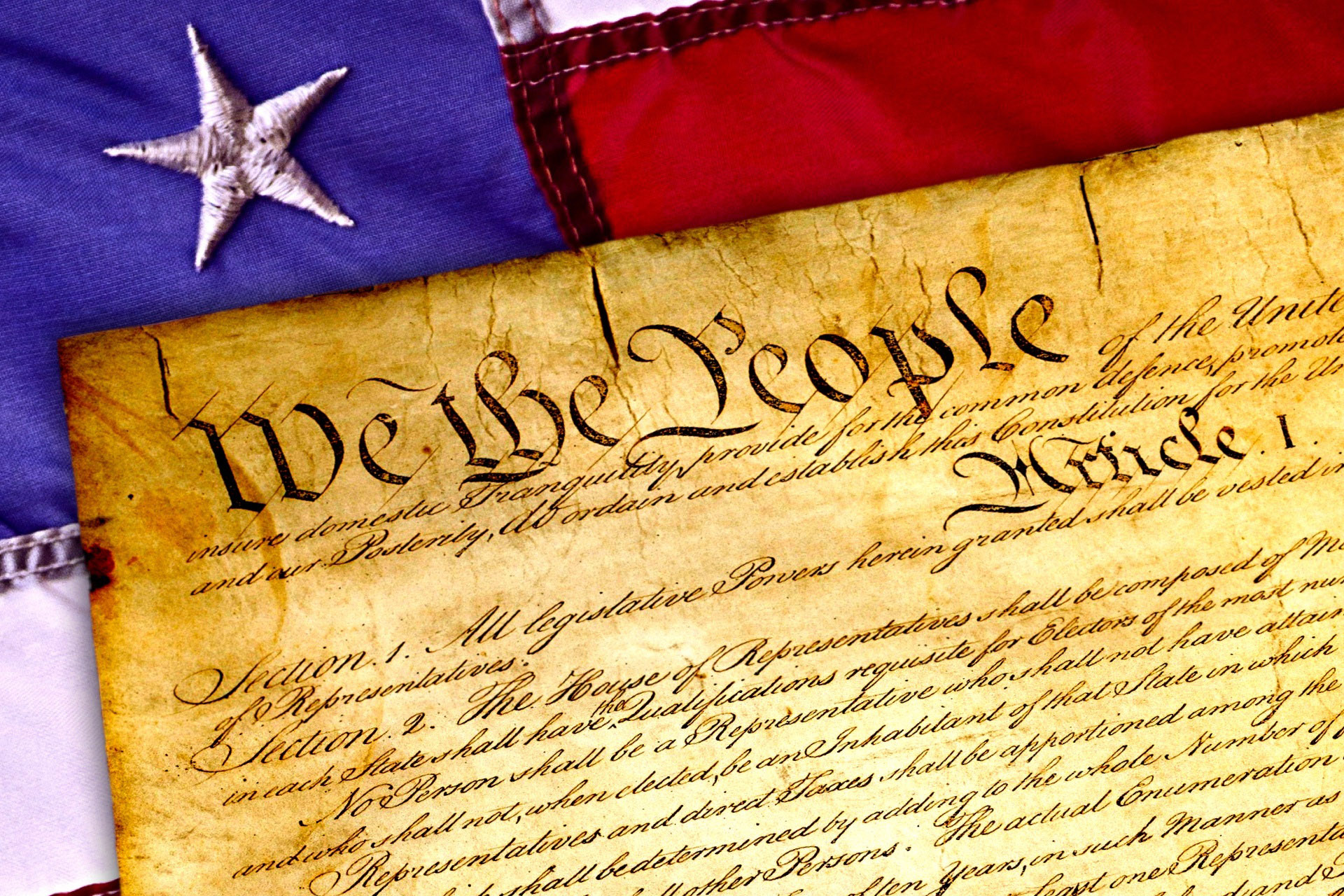Prison Labor
Christian Restorative Justice, Labor Policy, and Criminal Justice
Prisoners work in a UNICOR program. Photo credit: Federal Bureau of Prisons | Public Domain.
Introduction
This page lists examples of moral problems associated with prison labor and the politics of the prison-industrial complex.
General Resources on Prison Labor
Penal Labor in the United States (Wikipedia article)
“Prison labor in the U.S. generates significant economic output. Incarcerated workers provide services valued at $9 billion annually and produce over $2 billion in goods. The system has undergone many transitions since the late 19th century: the Hawes-Cooper Act of 1929 imposed restrictions on the interstate trade of prison-made goods, and the establishment of the Federal Prison Industries (FPI) in 1934 helped expand prison labor during the Great Depression. In 1979, the Prison Industry Enhancement Certification Program (PIECP) was introduced, allowing inmates to work in private sector jobs. Under this program, inmates can earn market wages, which may be used for taxes, victim compensation, family support, and room and board. The program was approved by Congress in 1990 for indefinite continuation, permitting the transport of prison-made goods across state lines.”
Boycott Companies That Use Prison Labor (website)
Harry Elmer Barnes, Historical Origin of the Prison System in America. Journal of Criminal Law and Criminology, 1921.
Vicky Peleaz, The Prison Industry in the United States: Big Business or a New Form of Slavery? Global Research, Mar 10, 2008.
Brahma Chellaney, China's Newest Export: Convicts. The Guardian, Jul 29, 2010.
Harry Davis, On His Film JOY ROAD and the Prison Industrial Complex. Reel Black, Oct 14, 2011.
Michael Kelly, 13 Signs that America's Prison System is Out of Control. Business Insider, Apr 12, 2012.
Chris Kirkham, Prisoners of Profit. Huffington Post, Oct 22, 2013. And part 2. Huffington Post, Oct 23, 2013.
Jaisal Noor, Corporations Reap Billions From Mass Incarceration. Truthout, Oct 23, 2013.
Mariame Caba, Fifteen Things That We Relearned About the Prison Industrial Complex in 2013. Truthout, Dec 20, 2013.
Andrew Cohen, When Good People Do Nothing: The Appalling Story of South Carolina's Prisons. The Atlantic, Jan 10, 2014. re: mental health and incarceration
John Oliver, Prison. Last Week Tonight, Jun 20, 2014.
Chris Moore, Whole Foods Cheese is Made by Prison Labor. Mass Appeal, Jun 24, 2014.
Trish Kahle, Prison to Table: The Other Side of the Whole Foods Experience. Dissent, Jul 9, 2014.
Pamela Engel, John Oliver Brilliantly Tears Apart America's Broken Prison System. Business Insider, Jul 21, 2014.
John Hagan, Gabriele Plickert, Alberto Palloni, Spencer Headworth, Making Punishment Pay: The Political Economy of Revenue, Race, and Regime in the California Prison Boom. Du Bois Journal, Mar 2015.
M. David, Private Prisons Threaten to Sue States Unless They Get More Inmates For Free Labor. Countercurrent News, Jun 24, 2015.
Colleen Curry, Whole Foods, Expensive Cheese, and the Dilemma of Cheap Prison Labor. Vice News, Jul 21, 2015.
E. Branch, Bernie Sanders Announces Bill To Abolish For-Profit Prison Industrial Complex. Occupy Democrats, Aug 20, 2015.
Kelley Davidson, These 7 Household Names Make a Killing Off of the Prison-Industrial Complex. US Uncut, Aug 30, 2015.
Jeffrey Goldberg, Sam Price-Waldman, Kasia Cieplak-Mayr von Baldegg, Angola for Life: Rehabilitation and Reform Inside the Louisiana State Penitentiary. The Atlantic video, Sep 9, 2015.
Whitney Benns, American Slavery, Reinvented. The Atlantic, Sep 21, 2015.
Allison Aubrey, Whole Foods Says It Will Stop Selling Foods Made With Prison Labor. NPR, Sep 30, 2015.
Editorial Staff, At America’s Largest Women’s Prison, Inmates Forced To Have Sex For Basic Necessities. African Globe, Dec 16, 2015.
Alice Speri, Prisoners in Multiple States Call for Strikes to Protest Forced Labor. The Intercept, Apr 4, 2016.
Michelle Alexander, Mississippi Jails Are Losing Inmates, and Officials Are 'Devastated' By the Loss of Revenue. Huffington Post, Apr 14, 2016.
Shaundra Selvaggi, Alabama Inmates Organize Multi-Prison Strike in Protest of Prison Labor: We Won’t Contribute to Our Own Oppression. Atlanta Black Star, May 9, 2016.
David Dayen, The True Cost: Why the Prison Industry is About So Much More Than Prisons. Talking Points Memo, Jun 23, 2016.
BBC News, US To End Federal Use of Private Prisons. BBC News, Aug 18, 2016.
Rebecca McCray, Meet the Six Big Banks Keeping Private Prisons in Business. Huffington Post, Nov 17, 2016.
James Surowiecki, Trump Sets Private Prisons Free. The New Yorker, Dec 5, 2016.
Spencer Woodman, California Blames Incarcerated Workers for Unsafe Conditions and Amputations. The Intercept, Dec 28 2016.
Amy Goodman, From Attica to South Carolina: Heather Ann Thompson on the Roots of the Nationwide Prison Strike. Democracy Now, Aug 21, 2018. A clause requiring a non-unanimous jury, designed to make minorities on the jury irrelevant.
Pavan Kulkarni, US Prison Strike Seek an End to Slave Labour, Corporate Profiteering and Rights Violations. MR Online, Aug 29, 2018. “Organized in the face of a crackdown by authorities, the action seeks to strike at the root of the prison-industrial complex.” See also Ergo Sum, New US Prison Strike Takes us to the Dark Heart of Capitalism. The Internationalists, Aug 29, 2018.
Radley Balko, Report: Wrongful Convictions Have Stolen at Least 20,000 Years from Innocent Defendants. Washington Post, Sep 10, 2018.
Victoria Law, End Forced Labor in Immigrant Detention. New York Times, Jan 29, 2019. Congress is allowing private contractors to exploit detained immigrants
Jackie Kucinich, Kamala Harris’ A.G. Office Tried to Keep Inmates Locked Up for Cheap Labor. The Daily Beast, Feb 11, 2019. "Lawyers for California also argued that allowing certain inmates to be paroled early would deplete a program that allowed prisons to fight wildfires"
John Oliver, Prison Labor. Last Week Tonight, Aug 4, 2019.
Gravel Institute, Why America Throws the Poor in Prison. Gravel Institute, Feb 12, 2021. Deindustrialization caused a surplus of workers, who then needed to be controlled. Mass incarceration was the policy answer.
Mike Cason, Alabama Prison System Reports Work Stoppage After Group Calls for Inmate Strike. Alabama, Sep 28, 2022.
Mike Cason, Gov. Kay Ivey Changes ‘Good Time’ Policy for Inmates. Alabama, Jan 11, 2023.
Robin McDowell and Margie Mason, Hidden Prison Labor Web Linked to Foods from Target, Walmart. Associated Press, Jan 29, 2024.
Stephen Bronars, A Cost-Benefit Analysis: The Impact of Ending Slavery and Involuntary Servitude as Criminal Punishment and Paying Incarcerated Workers Fair Wages. Edgeworth Economics, Jan 31, 2024. Worth Rises is an advocacy organization that exists to dismantle the prison industry and win reparations for those the industry has harmed. It recently published a study analyzing what society would gain in terms of economic benefits from eliminating prison slave labor and paying prisoners fair wages. The study finds the wages would transform the lives of inmates, their families, their communities, and even crime victims. It would also add tax revenue to state and federal budgets from the estimated $11.6 to $18.8 billion in wages we would be paying prisoners today but for the fact that, under the Thirteenth Amendment, it is still legal to enslave them.
Katya Schwenk, Private Prisons Want You To Go Directly To Jail. The Lever, Jun 27, 2024. “From Mississippi to California, many states have taken a decided “tough on crime” tack over the past two years in a strengthening backlash to criminal justice reform efforts in the wake of George Floyd’s murder in 2020. This year, Louisiana passed a package of harsh sentencing laws that will keep some people in prison for years longer. A new parole board in Mississippi is keeping people in prison for longer terms by denying early release. In March, Washington, DC, enacted a sweeping anti-crime package. These laws, advocates warn, threaten to reverse years of progress in the fight against mass incarceration. Instead, they would again trap people in prison for lengthy terms, ripping apart communities and exacerbating racial and socioeconomic inequality — while enriching the private firms that manage prisons and their shareholders.”
More Perfect Union, Alabama Is Generating Billions by Trapping People in Prison. More Perfect Union, Sep 3, 2024. Modern day convict leasing: AL takes a 40% cut from the wages earned by prison labor, about $450 million per year. AL grants parole in only 8% of cases, whereas comparison to other states suggests it should be as high as 80%. In 2022, citizens of AL voted to close the criminality loophole for slave labor in the U.S. 13th Amendment. Governor Kay Ivey went around it by executive order to heavily penalize encouraging a work stoppage. Black people make up a quarter of AL’s population, but over half of AL’s prison population. Black men are 25% less likely to get parole than White men.
Mike Cason, Alabama’s New $1 Billion Prison Will Be ‘Larger Than a Lot of County Seats’. Al.com, Oct 23, 2024.
Robin McDowell and Margie Mason, Alabama Profits Off Prisoners Who Work at McDonald’s But Deems Them Too Dangerous For Parole. Associated Press | Al.com, Dec 20, 2024. See also Kyle Kulinski, Bombshell: Alabama Caught In Modern Day Slavery. The Kyle Kulinski Show, Dec 31, 2024. Alabama docks paychecks and makes profit from prison labor.
Maleena Muzio, Exploring the Interrelatedness Between Japanese and Native American Exploitation in the West. The Daily Campus, Dec 5, 2024. Irrigation work on the land, for White settlers.
Christian Restorative Justice and Labor: Topics:
Christian Restorative Justice and Criminal Justice: Topics:
This section on Criminal Justice highlights the biblical, church historical, and practical importance of Christian restorative justice. We examine Restorative Justice in its Christian and secular forms, as well as efforts to apply Classroom Restorative Justice to address the school-to-prison pipeline. We also maintain awareness of Human Trafficking and Drug Policy because of the moral and political importance of these policies. Crime Stats highlights the facts and political uses of statistics. Police Oversight tracks proposed and implemented forms of public governance over the police. Policing lists resources on the police abuse of the public trust. Prosecutors lists resources on the role of prosecutors in the legal system and the discretion they have. Sentencing & Prisons highlight moral problems with jury selection, sentencing disparities, prison conditions, conduct in the correctional systems, and the political placement and funding of prisons to benefit mostly white districts. Prison Labor highlights patterns, statistics, and stories. Reintegration examines the moral imperative of assisting returning citizens.
Related pages include: Race and Criminal Justice for how racism has impacted criminal justice historically in the U.S.; Race and Slavery for an examination of the Trans-Atlantic Slave Trade; Sex Industry for attempts at legalizing aspects of the sex trade.


